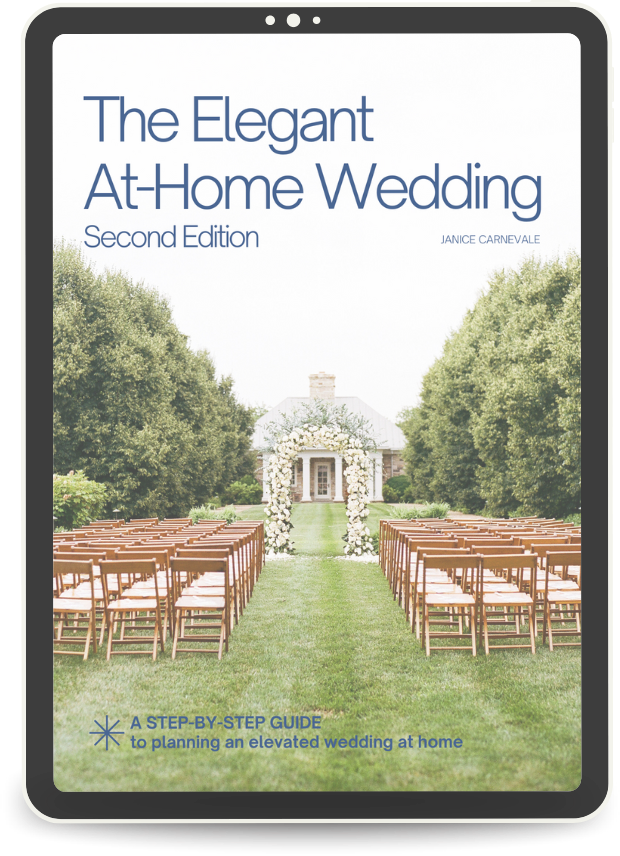DOWNLOAD NOW:
When planning any outdoor event, you simply have to consider the weather. Assuming you live somewhere seasonal, there’s no escaping the fact that it will be hot in August and cold in January. So, short of changing your wedding date, how can you deal with less than ideal temperatures?
In the warmer months most people use fans – either freestanding or attached to tent poles –to help circulate air and keep guests cool. You need to talk to your tent professional about how many fans are appropriate given the size of your guest list, the size of your tents, and the temperature of your wedding day. You can also get misting fans, which push a fine mist into the air and feel pretty refreshing on a hot day. You can see a misting fan in the background of the above photo. Some folks air-condition their tents. This is very expensive, and requires a tent with closed sidewalls in order to keep in the cool air contained. If you are setting up tents to function as temporary buildings, AC might work for you. But if you want your tents to be open in order to allow the surrounding landscape and view to be an integral part of your wedding day, then you will likely stick to fans.
In the event of cooler weather, there are two kinds of heaters you can rent for your event: forced air and umbrella. Forced air heaters are generally used for tents, and umbrella heaters are usually used in outdoor areas. Forced air heaters are large rectangular machines with a tube and a vent where the heat comes out. If space inside your tent is limited, you can place the forced air heaters outside of the tent, with the tube and vent running under a sidewall into the tent, but they will have to work harder to produce the warm air. This uses more fuel, which in turn may raise your fuel costs, depending on your contract with the purveyor. In order for the heaters to make a noticeable impact on your comfort, the tent must be sealed with the sidewalls, just as with air conditioning. Umbrella heaters, which are column-shaped, don’t take up much space. Their range is about six feet, and they are generally used around the perimeter of a ceremony space or scattered throughout a cocktail reception area. Make sure you have extra fuel (usually diesel or propane) on hand in case one of the heaters runs out before the event is over.
Photo made by Michelle Lindsay.


